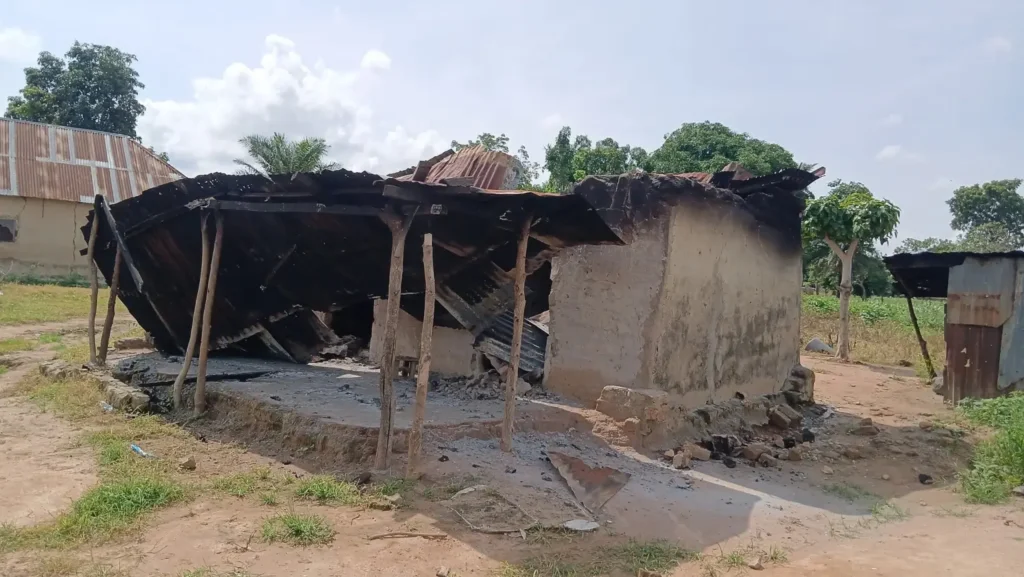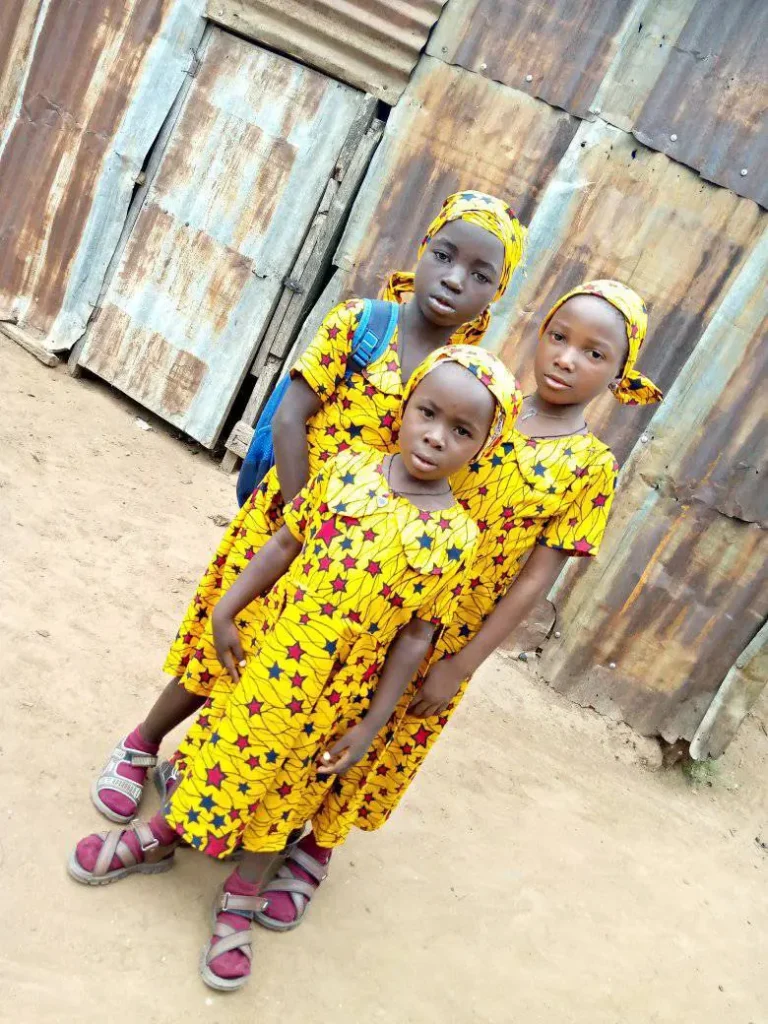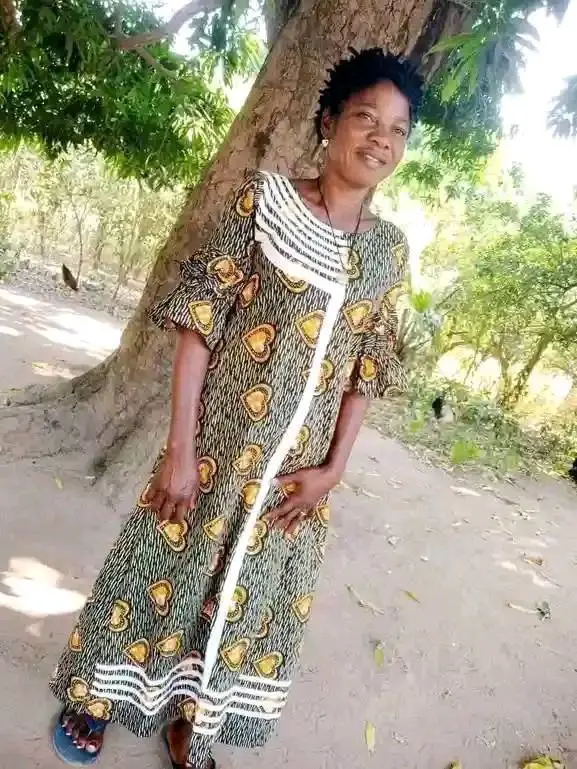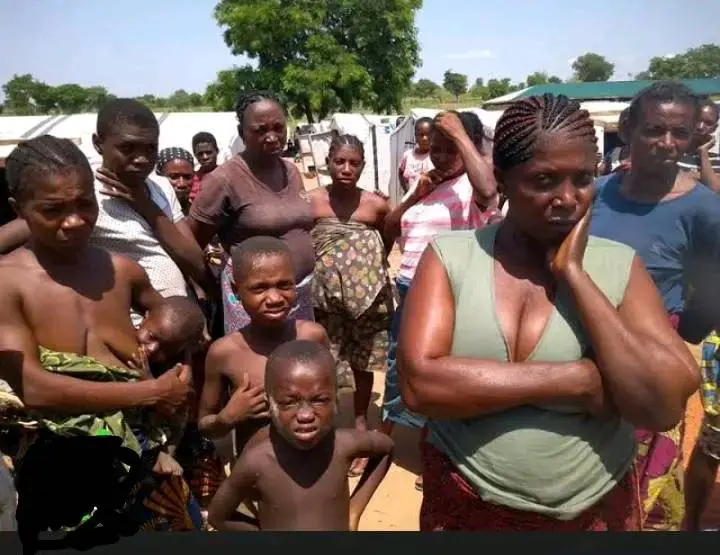The people of Yelewata in Benue State will never forget the night of June 13 and the morning of June 14, 2025. The quiet farming town was attacked by suspected armed herdsmen, leading to the deaths of over 300 people. What started as a peaceful evening turned into a night of fear, bloodshed, and destruction.
Gunshots rang out late Friday night and continued into the early hours of Saturday. The peaceful community was thrown into chaos as the attackers moved through the town, killing people and burning down homes, shops, and farms. Many residents tried to run for their lives, some hiding in nearby bushes, others unable to escape.
By the next morning, the community was in mourning. Over 300 people were reportedly dead, and many more injured or missing. Families were destroyed. Survivors walked among the ruins of what used to be their homes, looking for their loved ones, some only finding remains.
Yelewata was known as a quiet farming town where people lived in peace. No one expected this kind of attack. The sudden violence shocked the whole of Benue State and left many Nigerians wondering how such a thing could happen again.
One man, a 57-year-old resident, shared how he ran into the bush with his son while his wife and other children were killed. He said the memory of that night would never leave him. Many others told similar stories of escape, loss, and pain.
Community members said they had warned authorities earlier. The leaders of Yelewata had asked herdsmen to leave by the end of May. People noticed strange movements and feared something was coming, but no action was taken to protect them.
This was not the only attack. In the same week, gunmen also killed over 40 people in Edikwu-Ankpali and another 12 in Tyoshin. It appeared that multiple communities were being targeted in Benue State during that period.
Among the victims was a young man named Matthew Iormba. He had just completed his training as a pharmacist and returned home full of dreams. His life was cut short during the attack. Another woman, Lucy, lost her mother and five younger siblings. She cried as she described how she helped bury them in a mass grave.
A local footballer, Agande, returned from a match to find that his parents and ten other relatives had been burned to death. He said he couldn’t even recognize their bodies. His grief was overwhelming.
The attackers didn’t stop at killing. They also burned buildings, farmlands, and even schoolbooks. By morning, smoke still rose from the ruins. Many people were left with nothing. No homes, no farms, no belongings.
Lawyer and politician Franc Utoo said the attack was clearly planned. He explained that people had been sleeping in schools and churches for two weeks before the attack because they were afraid. Unfortunately, even these places were not safe.
People had seen the signs. The herdsmen had been coming in from Nasarawa State. The community alerted the authorities, but nothing was done. When the attack came, it was heavy and well-coordinated.
The attackers didn’t strike in just one place. While some went after the school, others attacked the market where many people were hiding. Hundreds were cornered, and many were killed either by gunfire or fire.
The Benue State Government claimed that 59 people were killed, but residents disagreed. They said the number was much higher, with some families losing dozens of members. One youth leader said he lost 33 relatives alone.
This difference in numbers angered many people. They felt the government was trying to reduce the seriousness of the tragedy. The people of Yelewata wanted the truth to be told.
Adding to the pain, a spokesperson for President Tinubu said the attack was a reprisal. That comment hurt many in the community. They felt they were being blamed for something they did not cause.
Governor Hyacinth Alia also suggested it was a revenge attack. But community leaders said that was not true. There had been no violence from their side. They were just a farming community trying to survive.
What made things worse was the lack of government response. No officials talked about helping the victims or arresting those responsible. It seemed like there was no plan to support the survivors or rebuild the community.
Governor Alia did not visit Yelewata. Instead, he went to Abuja to attend a water project launch. This made people feel abandoned. The police commissioner and deputy governor visited briefly, but did not stay to assist.
When youths protested in Makurdi, the police responded with tear gas. Some protesters were arrested, including popular activist VeryDarkMan. The protesters were only asking for justice and an end to the killings.
Even the Pope in Rome mentioned the attack in a prayer. He called it a terrible massacre and prayed for the victims. His words brought some comfort to the people.
Franc Utoo released a list of over 200 names of those who died. Each name represented a real person with a story, a family, and a life that ended too soon.
Today, Yelewata is filled with sadness. Burned homes, empty streets, and mass graves show the level of destruction. People are scared, grieving, and waiting for justice. They wonder if their voices will ever be heard and if help will ever come.












